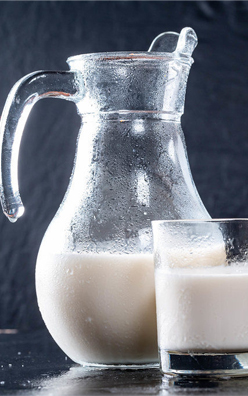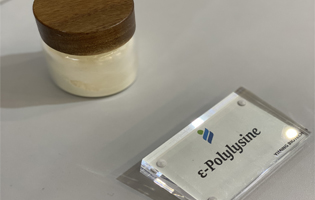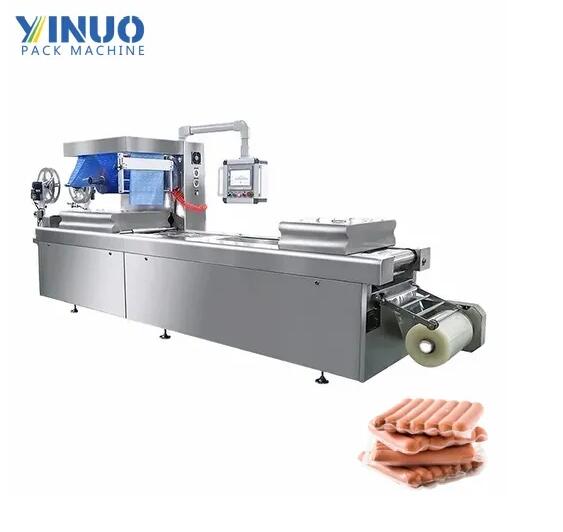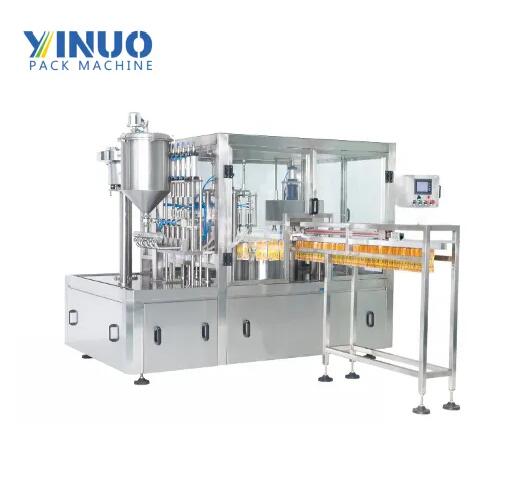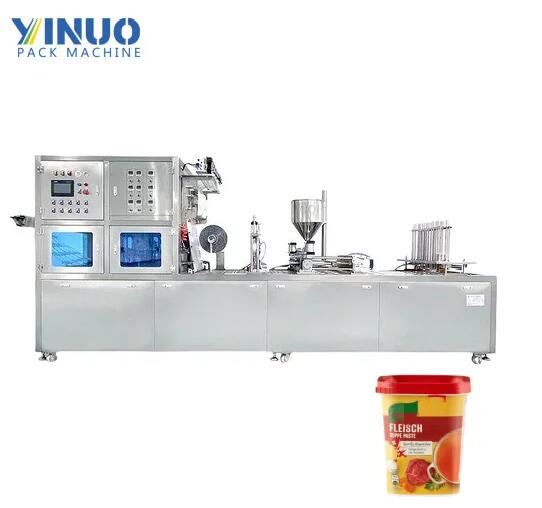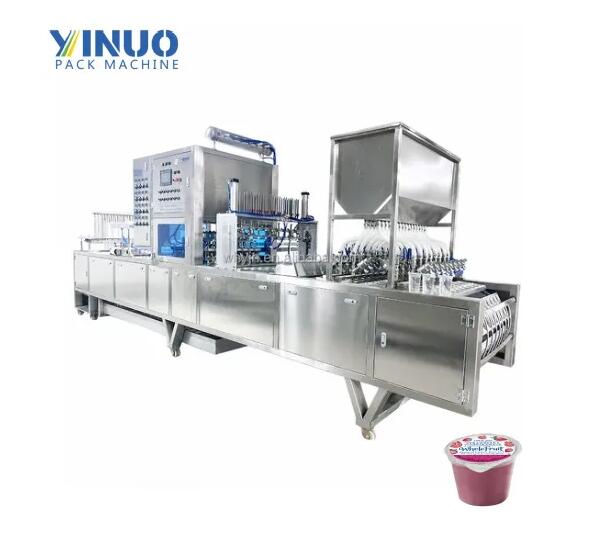Nisin
Nisin safety is a polycyclic antibacterial peptide produced by the bacterium Lactococcus lactis that is used as a food preservative. It is soluble in water and can be effective at levels nearing the parts-per-billion range.
Nisin is a rare example of a "broad-spectrum" bacteriocin effective against many gram-positive organisms. Therefore, it can act as food preservatives in thermal-treatment food products including various pasteurised dairy products, canned vegetables, hot baked flour products, etc.
Nisinis has been approved as a natural food preservative by more than 60 other countries. In April 1988, it was recognized as the Generally Regarded as Safe (GRAS) by the U.S. Federal Register.
Key Benefits of Biopreservative Nisin
Extend shelf life
Prevent food spoilage caused by gram-positive bacteria
Shorten food sterilization time
Lower sterilization temperature
No impact on taste and flavor
Nisin In Your Daily Life
Nisin In Dairy Products
Dairy Products
Nisin In Meat Products
Meat Products
Nisin In Canned Food
Canned Food
Nisin In Alcoholic Beverages
Alcoholic Beverages
E234 nisin is composed of 34 amino acid residues. After eating, it is quickly hydrolyzed into amino acids under the physiological pH conditions of the human body and the action of α-chymotrypsin, which will not change the normal flora in the human intestines and produce resistance problems like other antibiotics, and will not interact with other antibiotics. This is a natural food preservative with high efficiency, non-toxicity, safety and no side effects.
Nisin FAQs
Is nisin safe?
Nisin is listed as a “natural preservative” in chemical dictionaries. It is approved as a natural food preservative by the Food and Agriculture Organization, WHO and the European Union.
How to apply nisin in the food industry?
Nisin is used in processed cheese, meats, beverages, etc. during production to extend shelf life by suppressing gram-positive spoilage and pathogenic bacteria. In foods, it is common to use nisin at levels ranging from 1~25 ppm, depending on the food type and regulatory approval.
Which pathogens can nisin act against?
Nisin is a rare example of a “broad-spectrum” bacteriocin effective against many gram-positive organisms, including lactic acid bacteria (commonly associated to avoid food spoilage), Listeria monocytogenes (a known pathogen), staphylococcus aureus, bacillus cereus, clostridium botulinum, etc. It is also particularly effective against spores.
What are the storage conditions of nisin?
Nisin has a limited shelf life. You need to keep it at cool temperatures or refrigerated until you use it. Once it is opened, you need to wrap it tightly and store it in the freezer.
Jiangsu Yiming Biological Technology Co., Ltd., founded in August 1998, is a high-tech enterprise integrating R&D, manufacturing and sales. It boasts three modernized factories covering a total area of 175,000 m2 in Jiangsu province. It also has an R&D base with a team of more than 30 professional researchers.
We can also offer kinds of alpha amylase for sale, if you have needs, please contact us.
在线联系供应商
Other supplier products
| ε-Polylysine | What Is Polylysine? ε-Polylysine is a natural, safe and healthy antibacterial food preservative. It has obvious inhibition to gram-positiv... | |
| Nisin | Nisin safety is a polycyclic antibacterial peptide produced by the bacterium Lactococcus lactis that is used as a food preservative. It is soluble ... | |
| Natamycin | Natamycin, also known as pimaricin, is a polyene macrolide antibiotic produced by fermentation of certain type of the bacterium Streptomyces. The n... | |
| Glucose Oxidase | Glucose oxidase (GOX) is a green enzyme obtained by fermentation and purification of the aspergillus fungal strain. As an important enzyme product ... | |
| Customize Blending | YimingBiotech works with you to deliver high-quality products your customers want. Our custom blendingservice is designed to meet specific clien... |





